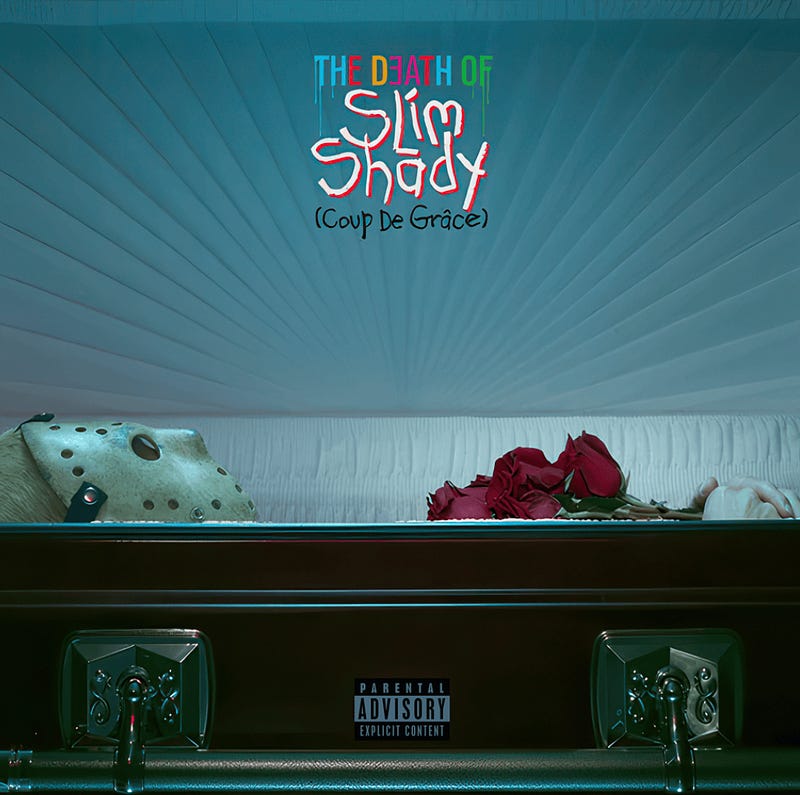The Twisted Genius of Eminem
Eminem’s 13th studio album, “The Death of Slim Shady,” proves that the fifty-one-year-old rapper is as dexterous as ever before
To hear Eminem speak in interviews, it would be easy to miss his love for words. He talks at a below-average tempo and with a laid-back drawl that feels more suited to the late Euphoria actor, Angus Cloud, than it does the man who’s by and large considered the greatest rapper…
Keep reading with a 7-day free trial
Subscribe to The Gen Z Report to keep reading this post and get 7 days of free access to the full post archives.


